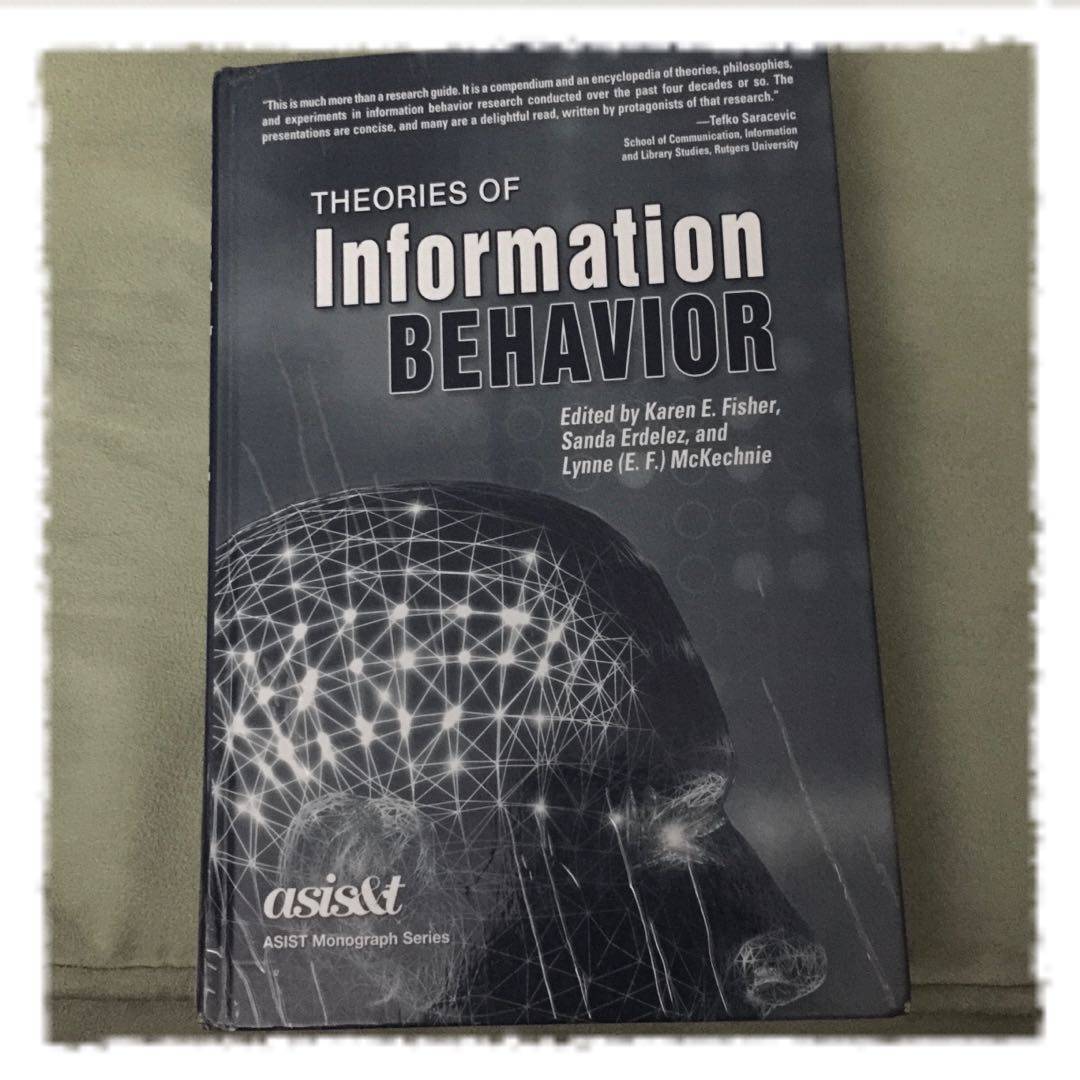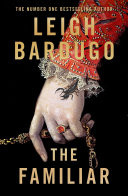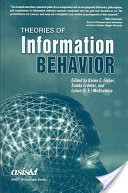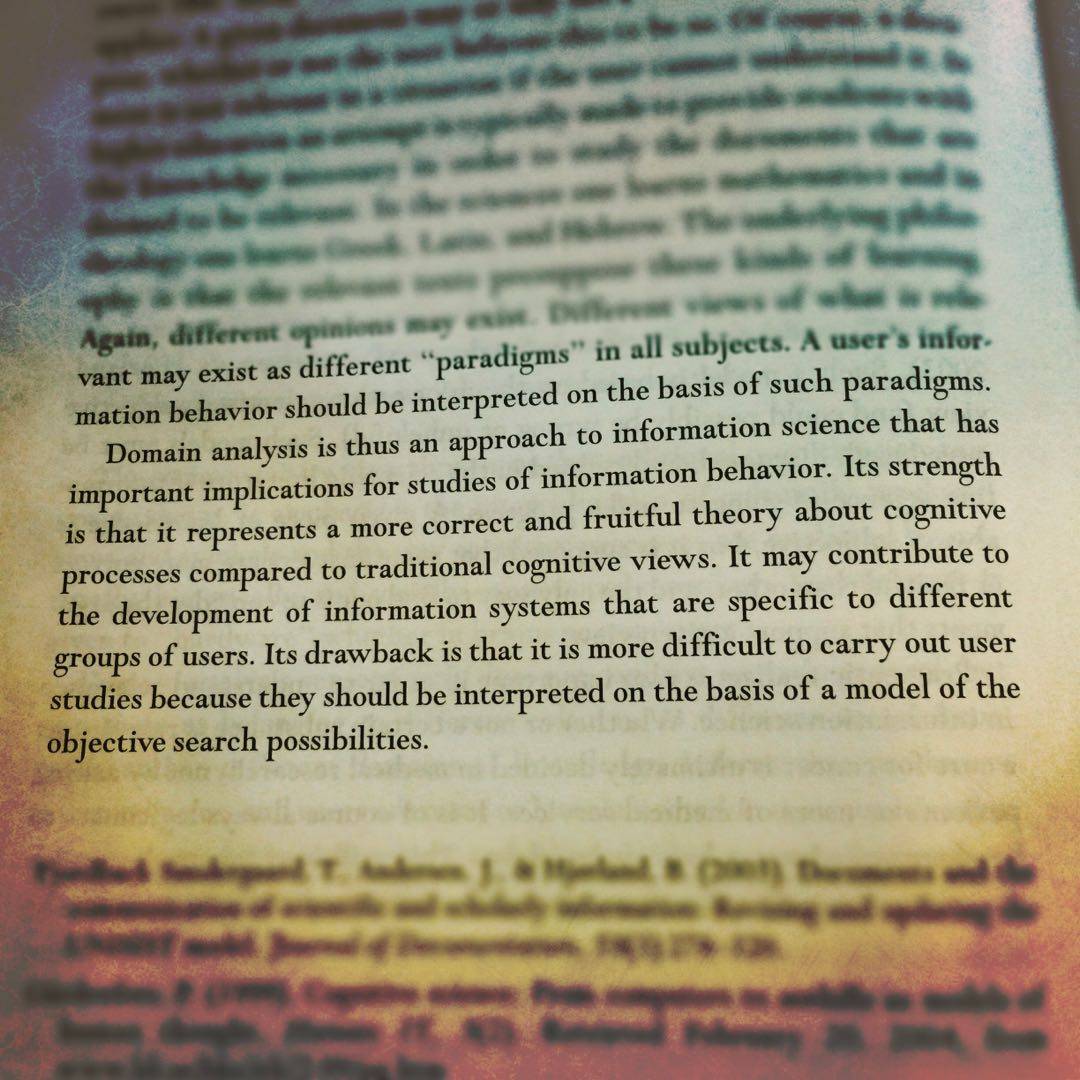
It‘s ok. Some of the overviews were more interesting and insightful than others. Too many diagrams that did not add clarity to the texts (LIS research loves diagrams and abbreviations 🙄). Would have worked better if it covered fewer theories more in depth and organized the content conceptually rather than alphabetically.






















